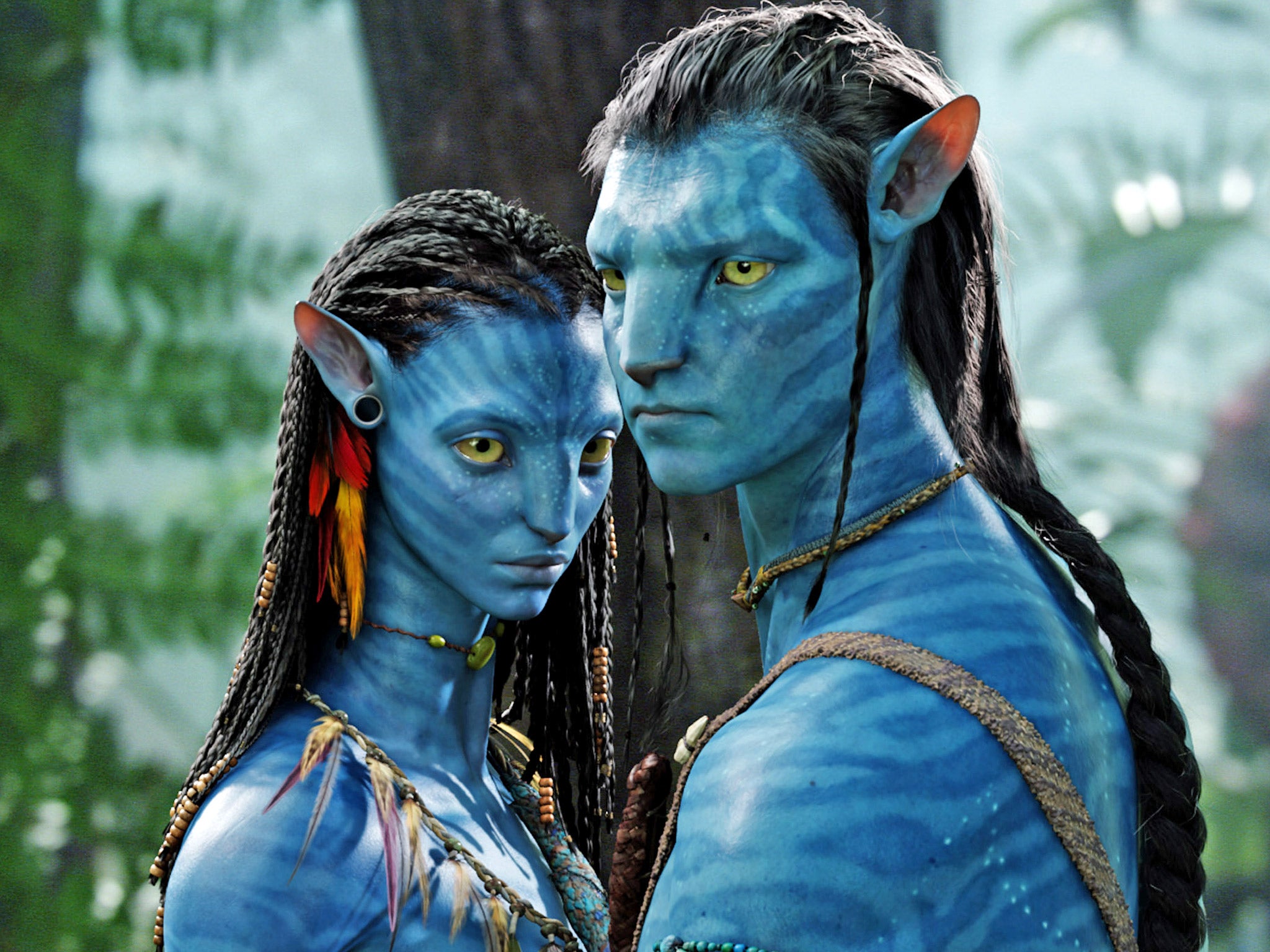Avatar was my idea, says James Cameron (and I’ve got a 45-page document to prove it...)
Director hits back after being sued for massive slice of $3bn profits from hit movie

Your support helps us to tell the story
From reproductive rights to climate change to Big Tech, The Independent is on the ground when the story is developing. Whether it's investigating the financials of Elon Musk's pro-Trump PAC or producing our latest documentary, 'The A Word', which shines a light on the American women fighting for reproductive rights, we know how important it is to parse out the facts from the messaging.
At such a critical moment in US history, we need reporters on the ground. Your donation allows us to keep sending journalists to speak to both sides of the story.
The Independent is trusted by Americans across the entire political spectrum. And unlike many other quality news outlets, we choose not to lock Americans out of our reporting and analysis with paywalls. We believe quality journalism should be available to everyone, paid for by those who can afford it.
Your support makes all the difference.With worldwide box-office returns of almost $2.8bn, James Cameron’s Avatar is by some distance the highest-grossing film of all time. Which may explain why so many people are keen to take credit for it.
In the latest lawsuit against the director and his production company, Lightstorm Entertainment, visual effects designer Gerald Morawski alleges he pitched a movie to Mr Cameron in 1991, after the director bought some of his artwork. Mr Morawski says his idea – entitled Guardians of Eden – featured an indigenous tribe living at one with the rainforest, and their struggle against the evil mining corporation intent on destroying their planet. The hero was a war veteran with a debilitating illness, healed by the rainforest’s power. Mr Morawski argues that he is therefore entitled to a portion of the billions Avatar grossed at the box office. In December last year, three plaintiffs launched lawsuits against Mr Cameron and Lightstorm within one week, all claiming the movie had drawn on their ideas. They collectively demanded more than $2.5bn in damages.
On this occasion, Mr Cameron has responded by filing a 45-page sworn declaration, recounting the details of how he’d been personally developing the idea for Avatar ever since he was a boy. The document, which was obtained by The Hollywood Reporter, is a potted memoir of what the director calls his “most personal film”.
Join our commenting forum
Join thought-provoking conversations, follow other Independent readers and see their replies
Comments